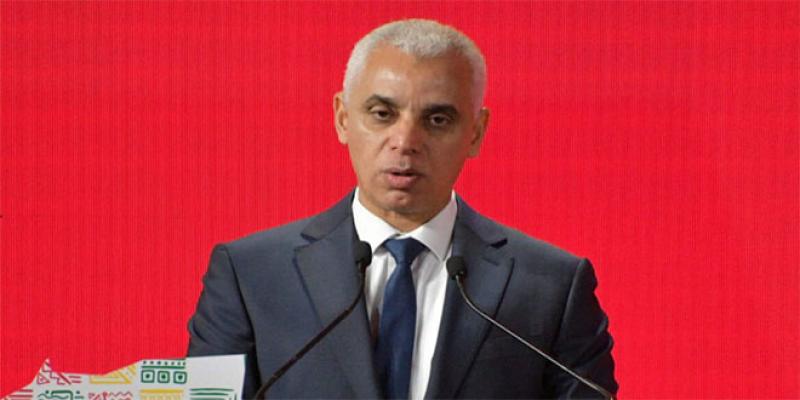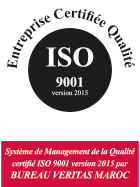Boulemane is one of the poorest provinces in the Fez-Meknes region (2 prefectures and 7 provinces). The extent of its area (14,000 square kilometers) gives it the place of the largest territorial constituency in the Fez-Meknes region. With a dilapidated road network and very few -not to say non-existent- job opportunities, this province deserves to benefit from “affirmative action”.

In addition to investment in infrastructure, support for entrepreneurs is highly recommended. In this sense, Abdelhak El Hamdaoui, Governor of the province of Boulemane, promises to roll out the red carpet to any investor wishing to develop an economic activity in his constituency. This approach begins to bear fruit since the first investors are positioning themselves.
■ Saffron: A real driver of employment
Located in the municipality of Serghina, Domaine Irzane & Victoria Espérance hosted the first saffron plantations in July 2019. Covering an area of 24 hectares, 18 of which being fully equipped, this estate also includes plantations of plum, almond, pistachio, and walnuts trees. The farm is positioned as a real employment engine in the town, generating more than 150 seasonal jobs. It should also be noted that the analyzes carried out on the organic saffron of said estate, according to the international reference standard, place it in class 1 worldwide.
■ Double certification for organic farming
“We are the first company in the municipality of Serghina, holding a double certification for organic farming, in a very short period of time, one year after the first plantations”, underlines Dr Hafida Moukadiri Denert, founder of Domaine Irzane & Victoria Espérance, who went on saying “Our goal has now been achieved, since we have obtained authorization from the national food safety agency (ONSSA) from the sanitary standpoint in accordance with article 5 of law No. 28-27 last October, which now allows us to be able to export our organic saffron abroad”. It should be noted that Domaine Irzane & Victoria Espérance is located in the Middle Atlas, at an altitude of 1,500 meters, the ideal environment for the cultivation of saffron thanks also to the nature of its soil (limestone composition) and an extremely contrasting climate between severe winters and very hot summers. Thus, this site has remained fallow for many years and the crops that may have been grown there previously have been traditional peasant crops, free of any use of chemicals. “It has been a 100% natural site for decades, which today provides it with an invaluable advantage for certified organic cultivation”, said our sources.
Y.S.A.


























